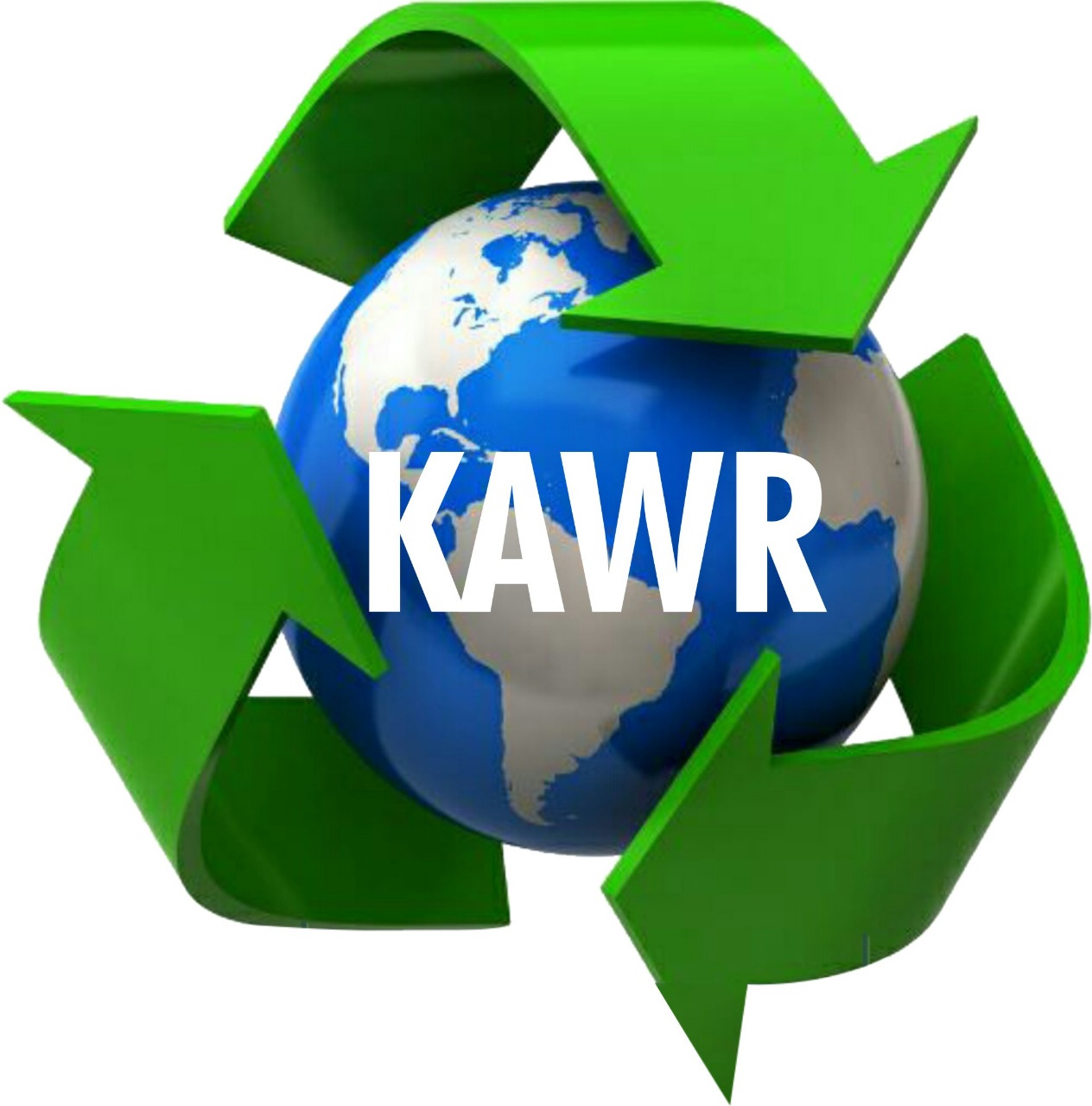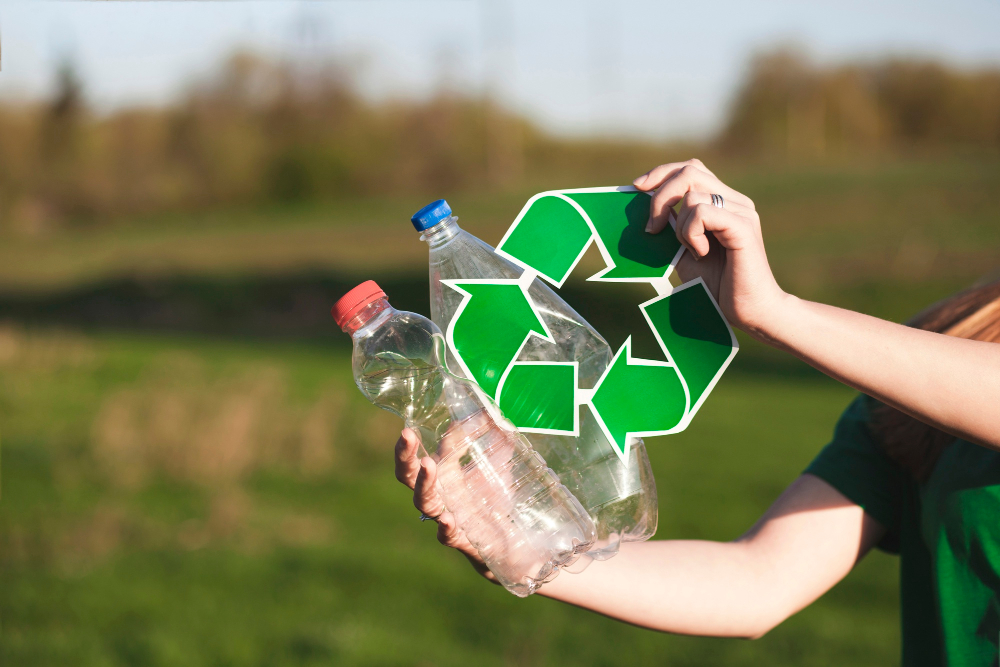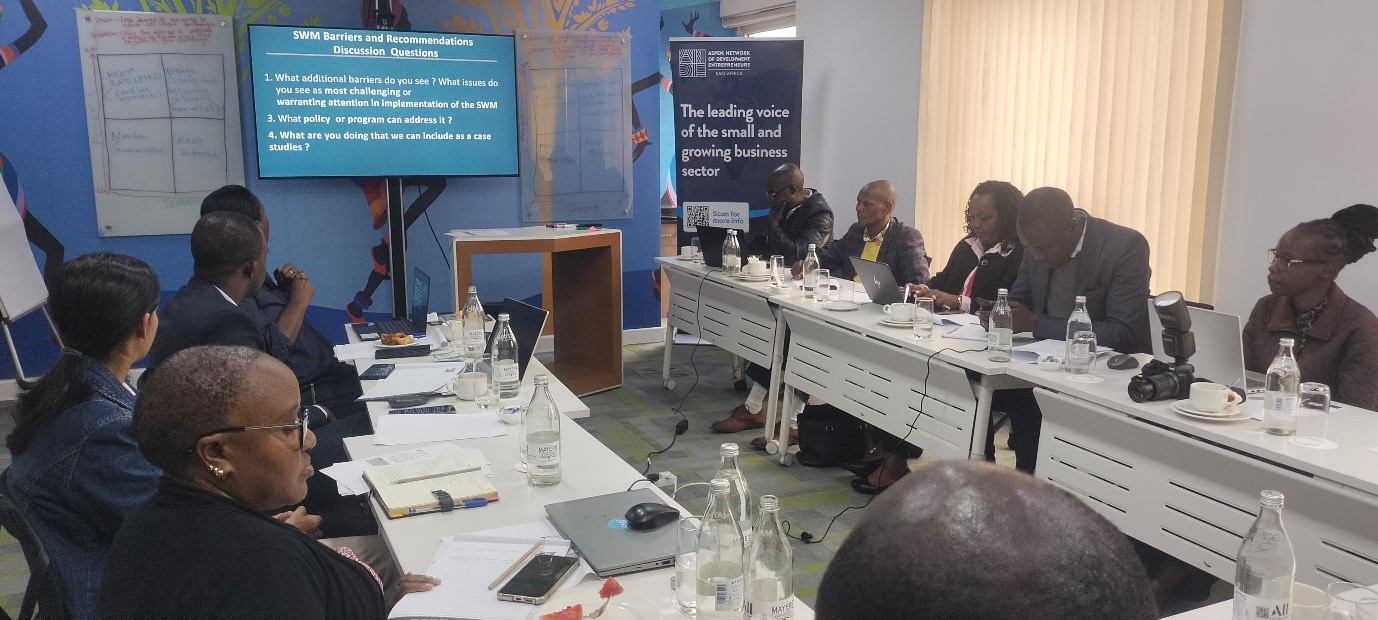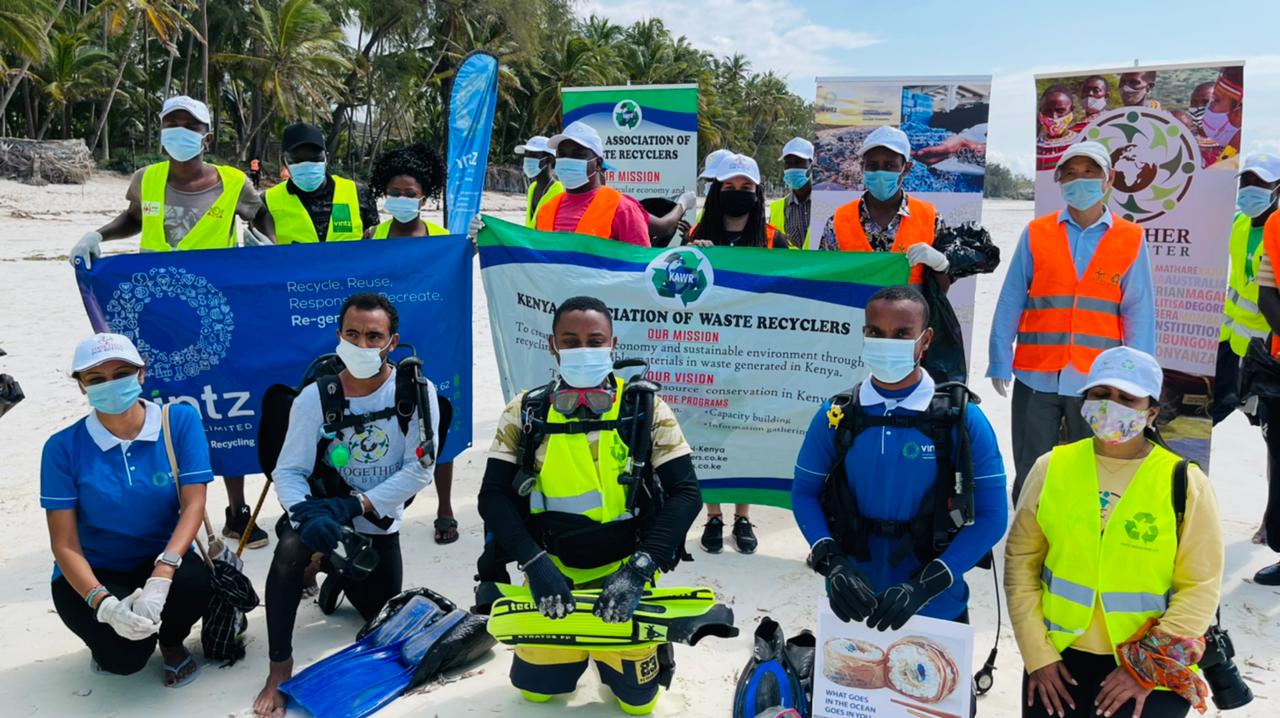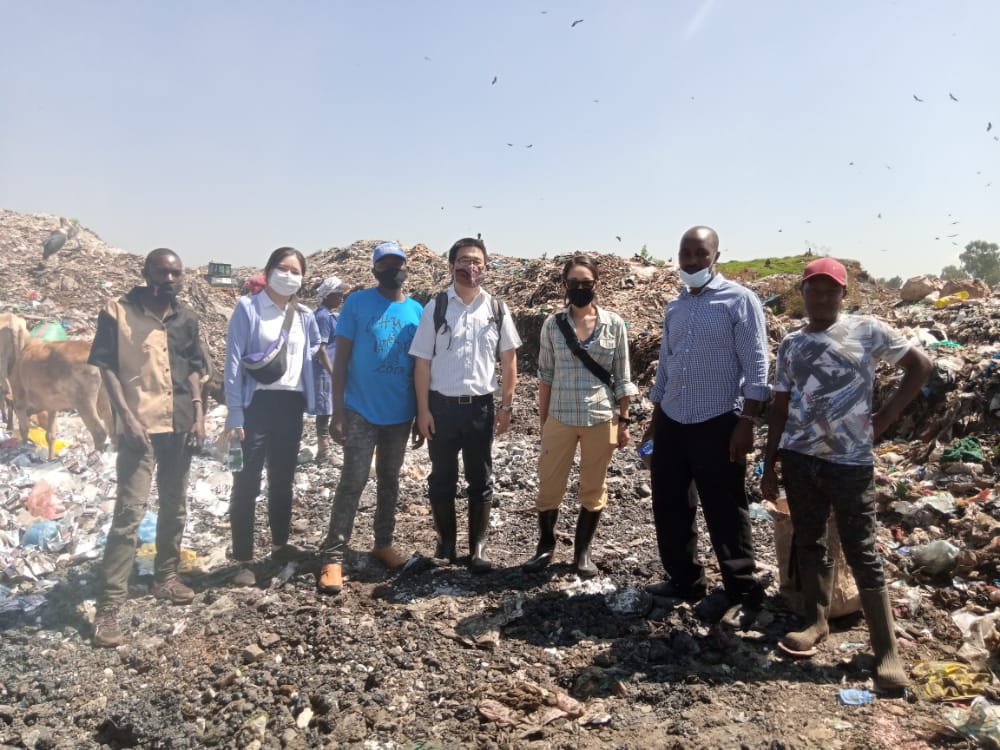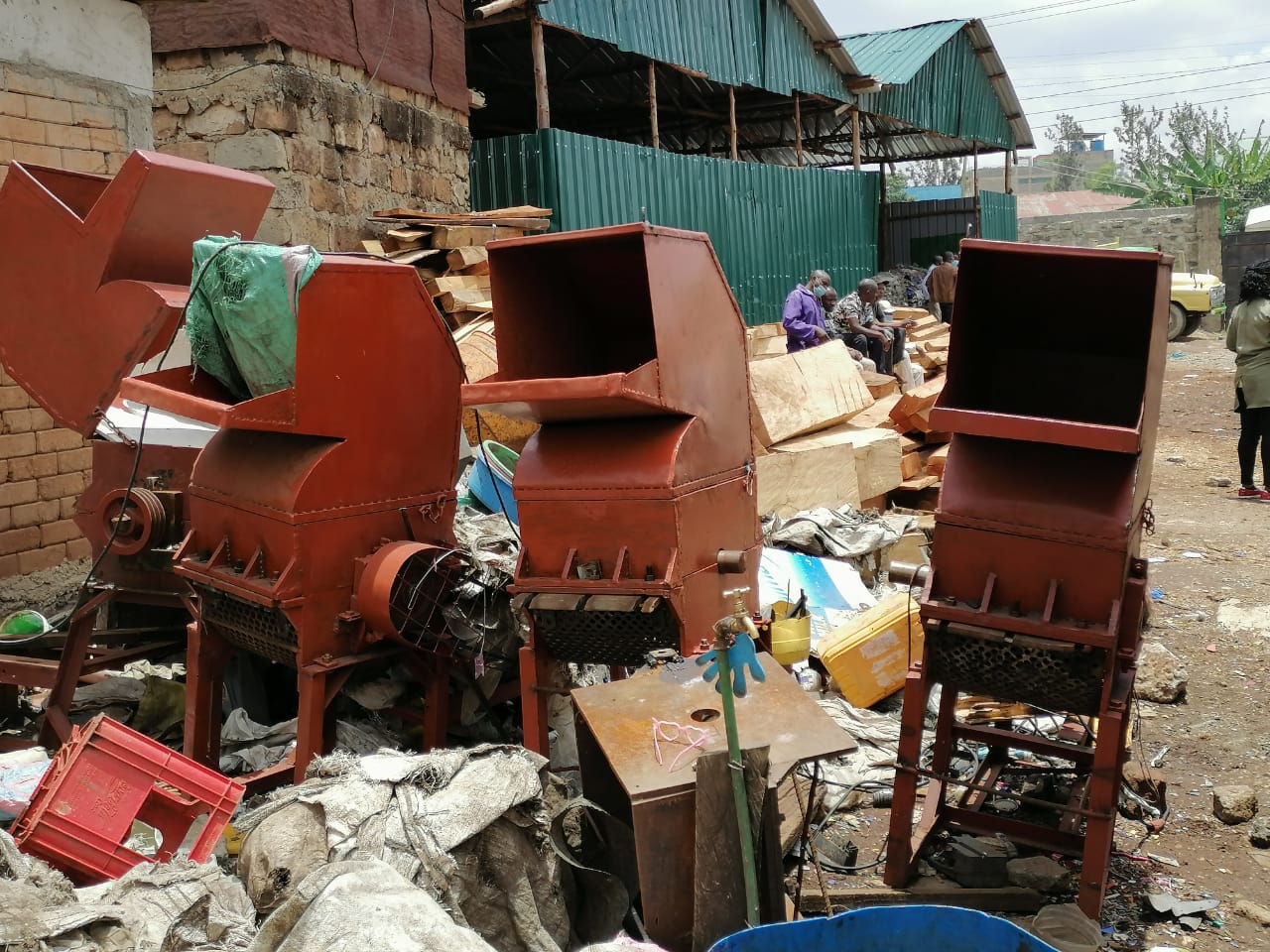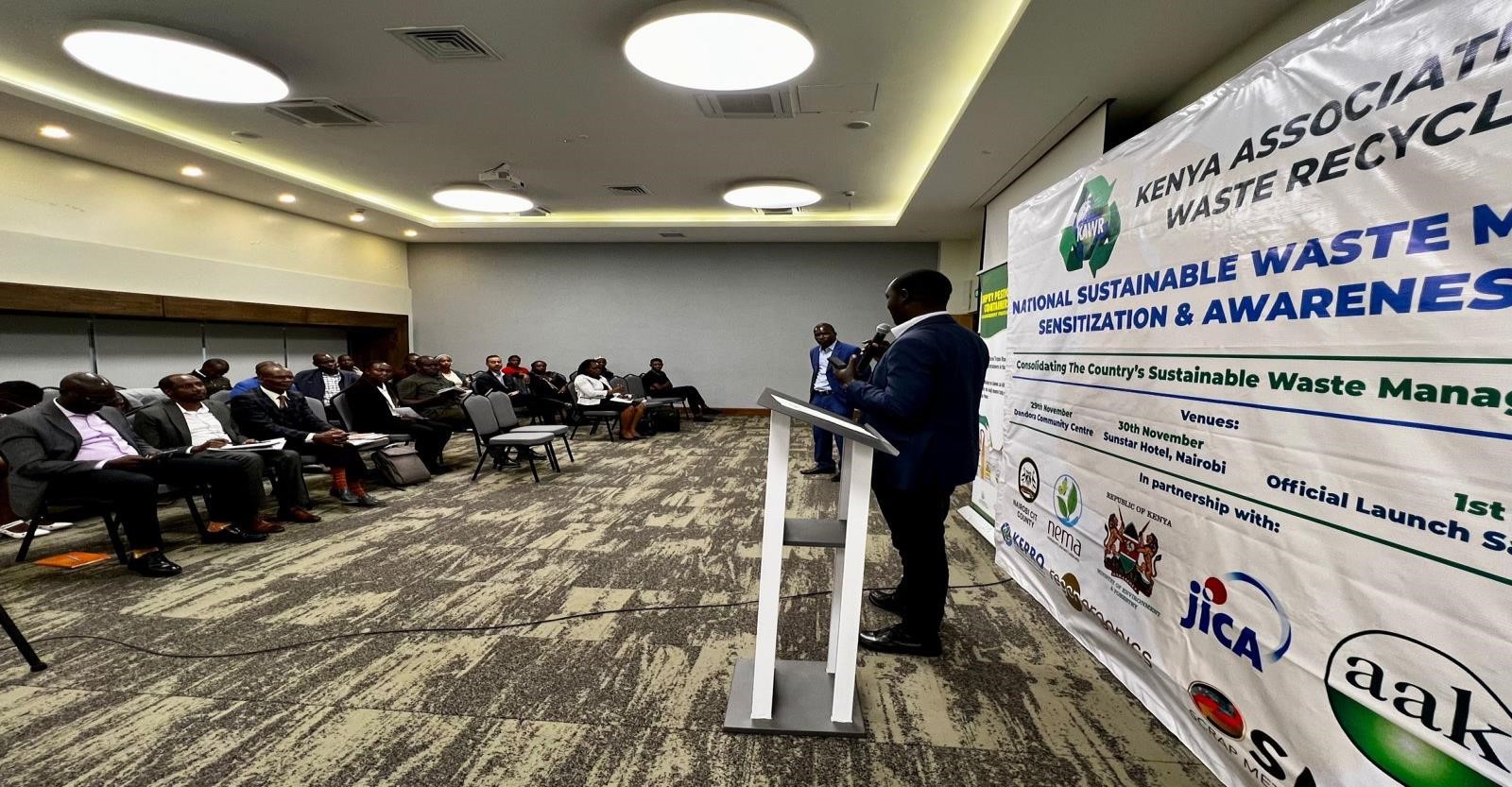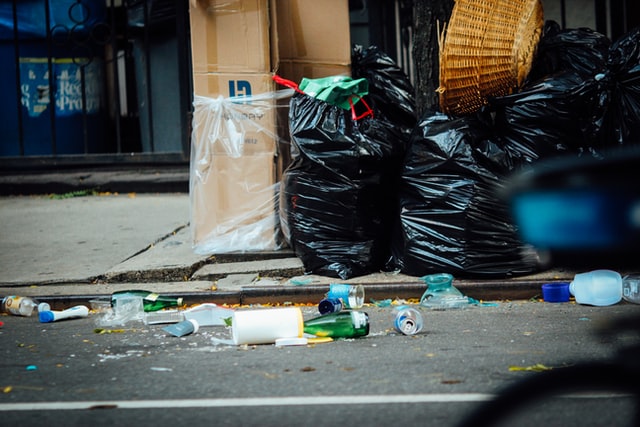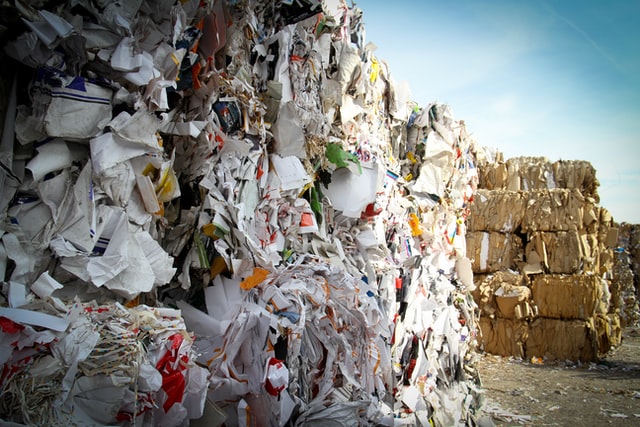In the evolving landscape of waste management and circular economy, the credibility of a recycler has become more than a badge of honor—it is the very foundation upon which partnerships, investments, and producer responsibility organizations (PROs) build long-term collaboration. Recycling is no longer about simply diverting waste from landfills; it is about demonstrating responsible practice across multiple fronts, from compliance and fair trade to human rights and energy efficiency. The following themes provide a practical benchmark to guide recyclers toward practices that reflect sustainability expectations of the production industry and the wider society
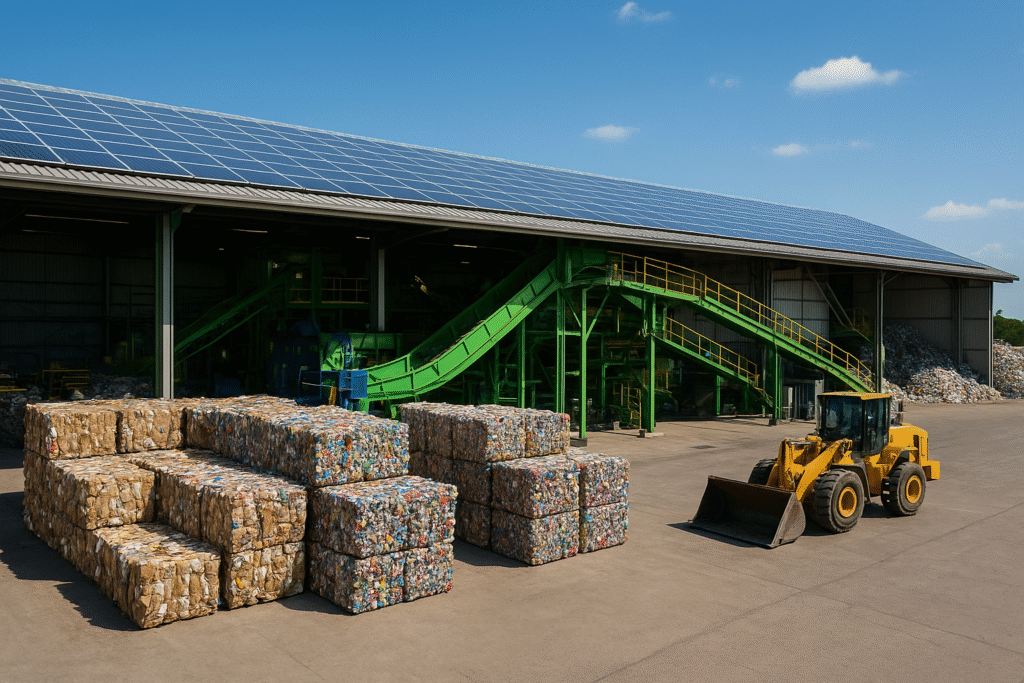
Figure 1A recycling facility
Compliance and Accountability
Credibility in recycling cannot exist without strong compliance. At the very minimum, recyclers are expected to meet statutory benchmarks, including business registration, environmental permits, waste handling licenses, and tax obligations. But compliance goes beyond paperwork—it is about aligning daily operations with both local laws and internationally recognized standards. Adherence to Occupational Health and Safety (OHS) protocols, fair labourregulations, and environmental safeguards shows that a recycler values the people who work within their operations as much as the materials they process. Transparent documentation, regular audits, and demonstrable proof of compliance should not be viewed as an inconvenience but as a badge of integrity that earns trust from producers, PROs, investors, and the public.
A deeper layer of compliance involves sustainable power consumption and climate-conscious practices. In an industry where energy use often represents a significant cost and environmental footprint, credible recyclers must account for the source and efficiency of their energy. This means adopting renewable energy where possible, reducing dependency on fossil fuels, and integrating resource-efficient technologies. Likewise, aligning with global practice guidelines—such as the Basel Convention, ISO standards, or Extended Producer Responsibility (EPR) frameworks—positions recyclers as serious players in a global movement rather than as local operators chasing short-term gains. True compliance, therefore, is not about doing the bare minimum; it is about embedding accountability in every part of the recycling chain.
Scope of Practice
A recycler’s credibility is often reflected in the clarity and honesty of their scope of practice. Some recyclers take on only the most profitable fractions—such as PET, aluminum, or high-value polymers—while leaving low-demand materials like multilayer plastics or mixed packaging to less advantaged players. While this selective offtake may appear commercially sound, it skews the industry ecosystem and undermines holistic waste diversion goals. A transparent recycler acknowledges the limits of their operations but does so without creating systemic disadvantages for others.
Responsible scope of practice means being upfront with stakeholders about what materials are collected, how they are processed, and where they end up. It also means actively exploring innovations to handle hard-to-recycle fractions, whether through partnerships, joint ventures, or technology investment. By resisting the temptation to cherry-pick only high-margin materials, recyclers can contribute to a balanced market environment that fosters fair competition and sustainability. This is where credibility becomes measurable—not just in tons processed, but in the breadth and inclusiveness of materials managed.
Offtake and Uptake Transparency
The strength of a recycler is not only in the volumes they collect but in the credibility of their offtake channels and uptake markets. Transparent recyclers establish clear agreements with processors, manufacturers, or exporters, ensuring that recovered materials have a genuine second life rather than being stockpiled or informally dumped. This demands traceability systems that account for every fraction of waste, demonstrating accountability to producers and PROs who need evidence of real impact.
On the uptake side, credibility is tested by the recycler’s ability to integrate recovered materials into legitimate value chains. This requires market intelligence, networking, and sometimes even pioneering new applications for recycled content. When recyclers exaggerate demand or misrepresent uptake, they risk eroding trust not only in themselves but in the recycling sector at large. A transparent approach, where data and market realities are shared honestly, creates a healthier ecosystem that benefits recyclers, producers, and consumers alike.
Peer Interaction and Industry Conduct
Recycling is not a solo pursuit; it is an industry built on networks and partnerships. How a recycler interacts with peers, competitors, and associations is a key credibility marker. Credible recyclers foster collaboration rather than predation, respecting the role of community-based organizations, informal waste pickers, and small enterprises that form the backbone of many recycling systems. By building bridges rather than monopolizing supply chains, they contribute to an inclusive industry that distributes opportunities fairly.
This is also where integrity in competition comes into play. Practices such as using grants or donor incentives to artificially lower prices and edge out smaller recyclers create an uneven playing field. While grants and incentives can play a role in building capacity, credible recyclers avoid weaponizing them to distort markets. Instead, they use such resources responsibly, investing in efficiency, innovation, and shared growth, while recognizing the contributions of peers who may not have access to similar privileges.
Human Rights and Labour Practices
At its core, recycling is a people-driven industry. From waste pickers to plant operators, the human element defines the heartbeat of recycling. Credible recyclers commit to safeguarding human rights across their operations. This means eliminating child labour, ensuring fair wages, and providing safe working environments that respect human dignity. Compliance with OHS standards is non-negotiable, but beyond compliance lies a culture of respect, inclusion, and empowerment of workers.
Labour practices also determine how recyclers are perceived by communities and international partners. In today’s interconnected world, supply chains are scrutinized not just for outputs but for social conduct. Recyclers that uphold decent work principles position themselves as sustainable partners of choice for producers and PROs, while those that exploit vulnerable labourundermine both credibility and long-term viability.
Energy Integrity and Pricing Fairness
Energy consumption is one of the most telling reflections of a recycler’s integrity. Many recycling processes are energy-intensive, and how a recycler manages this demand can either strengthen or weaken their credibility. A responsible operator prioritizes energy efficiency, invests in renewable sources where possible, and avoids wasteful practices that inflate costs and carbon footprints. Energy integrity is not simply about reducing bills; it is about aligning with broader sustainability goals that seek to reduce greenhouse gas emissions and reliance on fossil fuels.
Equally important is pricing integrity. In competitive markets, recyclers may be tempted to undercut prices just to secure sales, sometimes even below the real cost of operation—especially when subsidized by external grants. Such practices may yield short-term advantages but harm industry sustainability by creating unrealistic benchmarks that smaller players cannot meet. Credible recyclers adopt pricing structures that reflect real market conditions, balancing competitiveness with fairness and ensuring that the sector grows on stable, sustainable foundations.
Investment Strength and Market Tolerance
Behind every recycler lies a financial backbone, and the caliber of investors often reveals much about a recycler’s resilience and credibility. Strong capital investment signals stability, the ability to weather market fluctuations, and a commitment to long-term growth rather than quick returns. However, credibility also comes from the tolerance and mindset of these investors. Those who understand the importance of inclusive market development are more likely to support practices that empower small players, rather than push them out.
The overreliance on grants and subsidies can become problematic when it shifts from enabling growth to fostering dependency. Credible recyclers demonstrate a capacity to operate on their own capital, treating grants as supplementary tools rather than the foundation of their existence. This balance between capital strength and ethical investor conduct helps create a recycling industry where competition is sustainable and legally sound, and where innovation thrives without disadvantaging vulnerable market actors.
Conclusion
The credibility of a recycler is multi-dimensional, touching on compliance, scope of practice, transparency, peer relations, labour standards, energy use, pricing fairness, and investment ethics. It is not a label claimed by self-declaration but a reputation earned through consistent conduct and verifiable practice. Producers, PROs, and policymakers increasingly seek recyclers who embody this holistic credibility because only then can recycling move beyond tonnage targets to create genuine environmental, social, and economic impact.
For recyclers themselves, embracing these benchmarks is not about perfection but about progress. By striving toward transparent, ethical, and inclusive practices, recyclers can build not just businesses, but legacies—driving a circular economy that is fair, credible, and sustainable for all.
Bringing Standards to Life
These benchmarks are not abstract ideals—they are already being embedded into practice through sector-wide initiatives. The Joint Innovation Facility (JIF) project, co-developed by Kenya Association of Waste Recyclers(KAWR) and GFS East Africa, is digitizing recycler operations to enable traceability, efficiency, and compliance with EPR frameworks. At the same time, KAWR is developing a threshold and attestational instrument with PROs, designed to qualify recyclers for participation in EPR projects based on adherence to these very standards. Together, these initiatives transform credibility from principle into measurable practice—ensuring recyclers are not only service providers, but trusted partners in building a circular economy with real and lasting impact.
Richard Kainika, Nairobi, 2025
